When I was a kid, my grandmother would always tell me not to watch too close to the television because my eyesight would supposedly be damaged. I believed her and grew up thinking that this was so but I couldn’t help but wonder if this is really the case — since we have the VR headsets nowadays that pretty much holds the smartphone display just a couple of few inches away from our eyes. So in this article, we find out if screens, in general, really hurt the eyes in the long run.
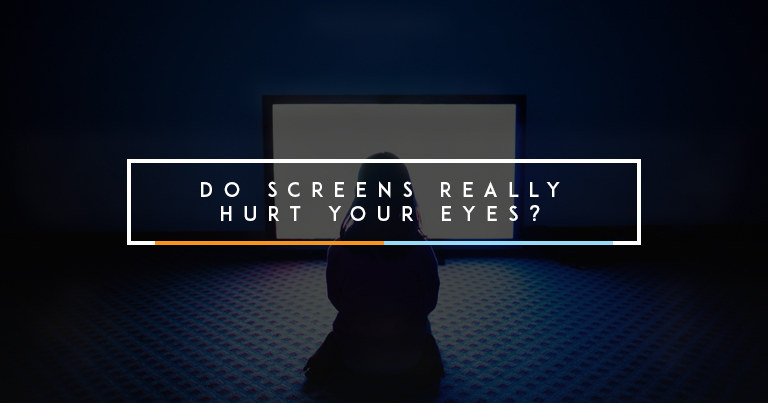
No, but…
Although animal and lab studies show exposure to high-energy visible (HEV) lights could potentially damage retina tissues, no one still knows for certain (at this point, at least) if prolonged exposure can really cause permanent eye damage.
So the short answer is no — staying close to the TV/computer/smartphone screen does not do any permanent damage to the eyes, but doing those can definitely strain them.

Eye strain is not that serious and is just, in fact, what happens when you use your eyes too much. Activities like watching movies, reading books, and drawing for extended periods of time all contribute to it since you just focus on a nearby subject. Additionally, we tend to blink less when we’re fixated in one subject so our eyes dry up.
This is actually normal, far from dangerous, and could easily be remedied.
Experts say that doing the 20-20-20 rule helps avoid stressing your eyes out. This means that you should stop what you’re doing every 20 minutes and rest your eyes for about 20 seconds by looking far, about 20 feet away. Doing so ‘relaxes’ the focusing muscles in the eye and stimulates blinking to moisten the surface.
Origin of the myth

According to reports, the myth of damaging your eyes while sitting close to a television allegedly came all the way from the 1960s where certain faulty GE televisions emitted harmful fumes at the front vents of the TV and was considered dangerous to people watching close to it.
The issue was immediately attended to and the company recalled the faulty units, but I guess people from that time never really moved on and still thought it was generally harmful to watch close to the television which was carried over until today.
A-okay
So there you have it. Having screens close to you won’t do permanent or serious damage to your eyes. This is good news for people who are near-sighted since they are the ones usually positioned close to the TV while watching. Plus, display companies have been introducing new technologies (better display type, improved refresh rates, etc) to reduce eye strain. Just be sure to rest every once in a while to avoid tiring out your peepers too much.
Sources: {The Vision Council, Laughing Squid, 1, 2}







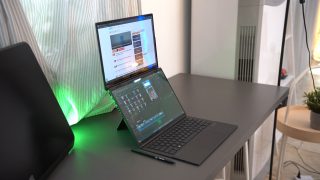





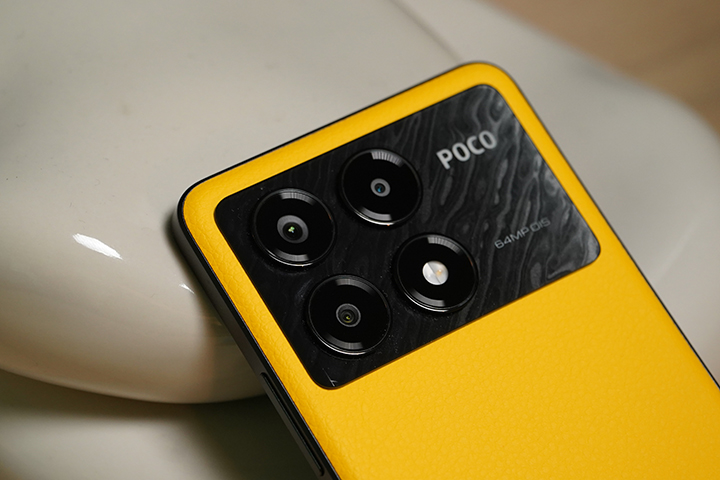









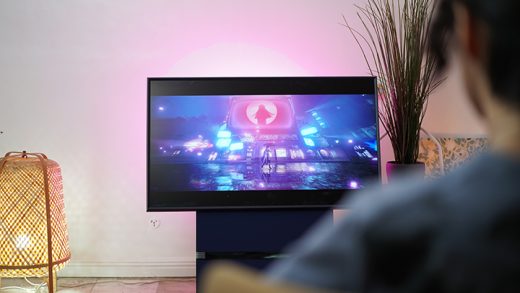



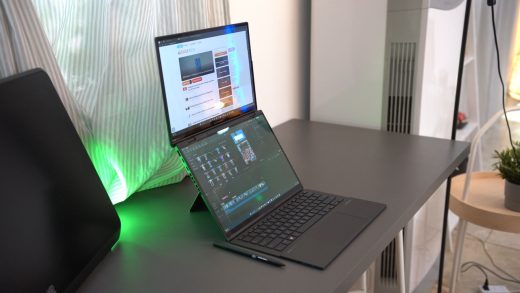





Try very bright screen while there is no other light. Probably will give you headaches.
if screen close to eyes really damages our eyes, VR devices will be recalled…
If smoking really damages the lungs, Cigarettes will be recalled and banned from store shelves.
.
.
.
peace. :P